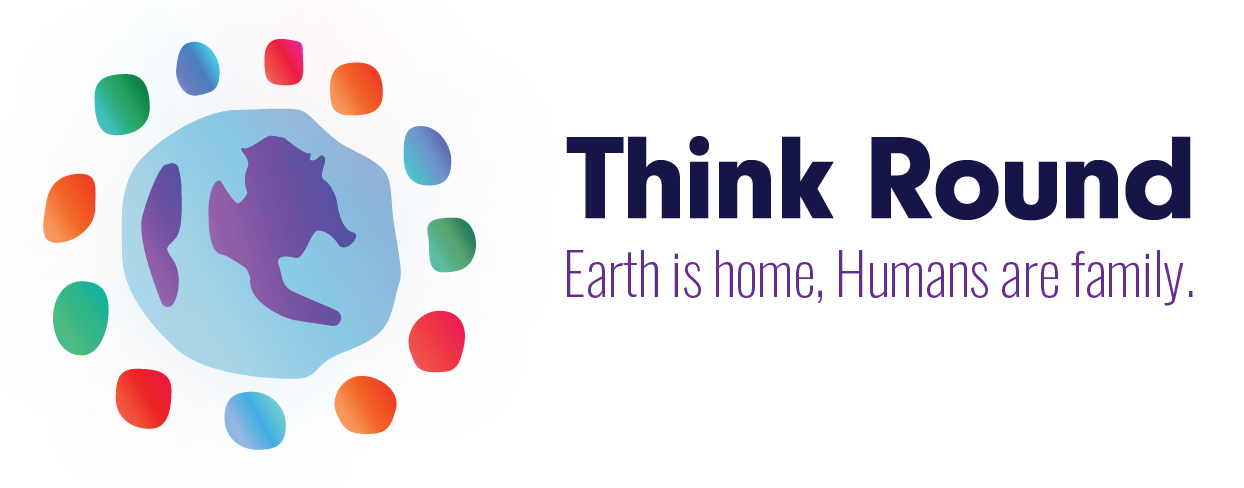Recovery from Adverse Childhood Experiences
In our last post, we described aces and their grim consequences. Here we look at recovery.
Recovering from aces (adverse childhood experiences) can be a challenging but transformative journey. Fearing to feel pain from the past is logical, but until we face the reality of adverse experiences, we often continue to suffer in shadows of rage, denial, and shame. Remember, there is no way out but through. Strangely, recognizing and naming past events can help us stay in the present. 'Owning' our past sets us free. Until we see the past clearly, we can stay lost and continue to suffer. See it, name it, heal it. Awareness, compassion, and forgiveness can free us from the past... and free us to be at our best in the present. Here are some helpful steps:
*Seek Support: We need to express and be witnessed in a safe space. Connect with a therapist, counselor, or support group to process experiences and develop coping strategies.
*Self-Reflection: Reflect on experiences, emotions, and triggers... 'own your reality'. Keep a private journal to identify uncomfortable feelings and capture feelings of hope. Clarity and freedom are worth the effort. Not understanding why you act oddly or what you are feeling can be crazy-making. Understand your feelings and behaviors. Own your reality. Claim your power.
*Self-Care: Adverse Childhood Experiences deny and downplay our importance. Prioritize your well-being. Engage in activities that bring you joy, whether it's exercise, art, meditation, or spending time in nature.
*Build Healthy Relationships: Surround yourself with supportive and understanding individuals. We drift into old patterns when we are unaware. Part of self care is spending time with people who uplift and validate your experiences.
*Set Boundaries: Learning to set boundaries is crucial. We know not to eat poison or walk into traffic yet we put ourselves in danger when we let people hurt us or disrespect us. Protectng what we value is natural. We need to take care of ourselves. Exercise your boundaries around your dignity, safety and sanity. It's okay to say no to things that make you uncomfortable or that trigger negative emotions. 'No thank you' is a complete thought. Use it and say it as needed.
*Educate Yourself: Learn about trauma and its effects. Understanding how trauma impacts the brain and behavior can validate and empower us. Understanding past trauma helps us recover and rebuild our mental & emotional health. The Surgeon General of California, Nadine Burke-Harris recognizes the dire power of ACEs. The website Burkefoundation.org is a good place to start. Doing a search for 'nadine burke harris aces' will bring up videos.
*Priortize calmness and sanity: you don't have to live like a refugees even if you feel that way. Take a walk near nature, meditate or just take a deep breathe. We can manage stress and anxiety with free, simple tools. Feel your feelings and share those emotions with words. However long or akward it may seem, expressing emotions with words or art can drain out their ghastly energy. Mammals are group beings. We heal when we emotionally connect and honestly share with sober people.
*Consider Professional Help: Therapists and counselors are there to provide guidance and teach us how to heal. Learn to manage emotions and heal with proven tools. Practiced techniques help us even in the face pain and rage. Teachers and counselors show us how to live better.
*Take it one step at a time, there is no other way. Healing is a gradual process. Compassion for ourselves is important. Celebrate small victories, appreciate the big ones and be patient with yourself.
*Help others and advocate for Change: When we help others, we also help ourselves. Like learning or getting fit, it helps to work with others. Consider advocating for policies or initiatives that help people heal. By helping others with similar adversities, we help ourselves, we make the world a better place and we build self-esteem.
Remember, healing is a personal journey, and there's no one-size-fits-all approach. As awareness grows, so do our choices and abilities. Try it out! See what works and keep growing with compassion and patience. We all deserve dignity. It's about finding what works best for you.
Think Round. Humans are family
